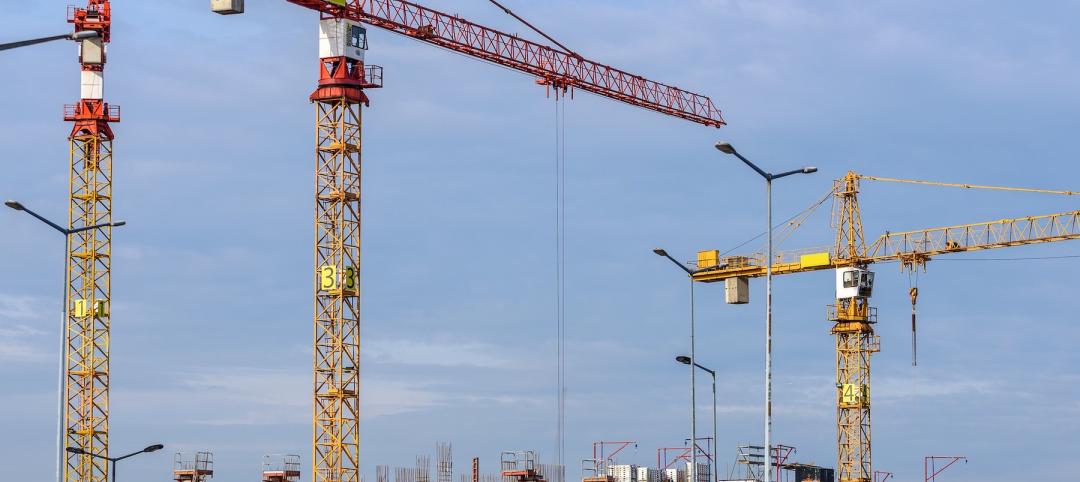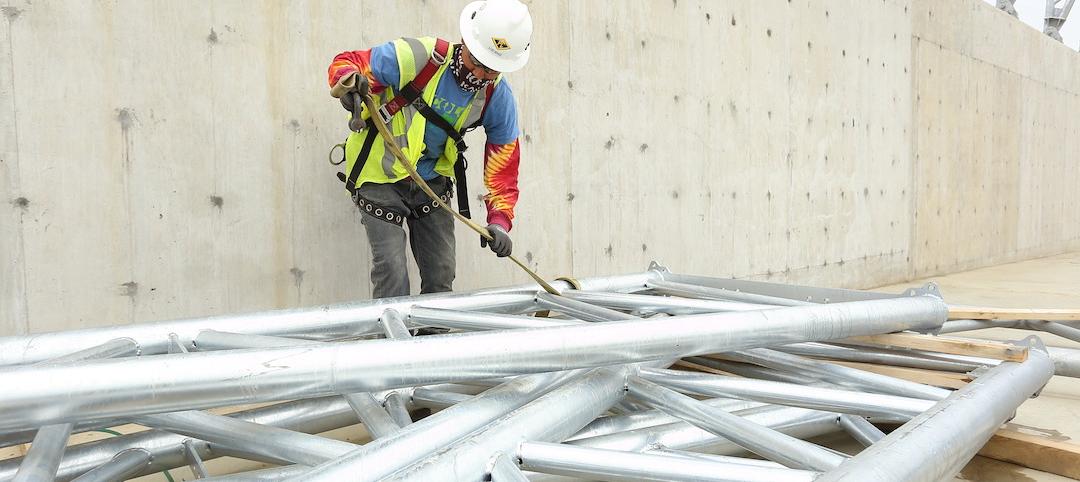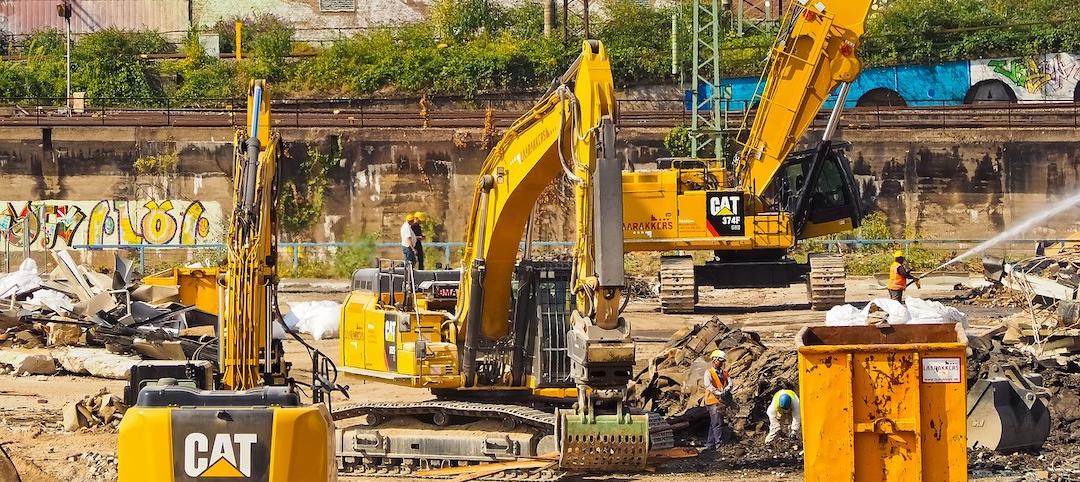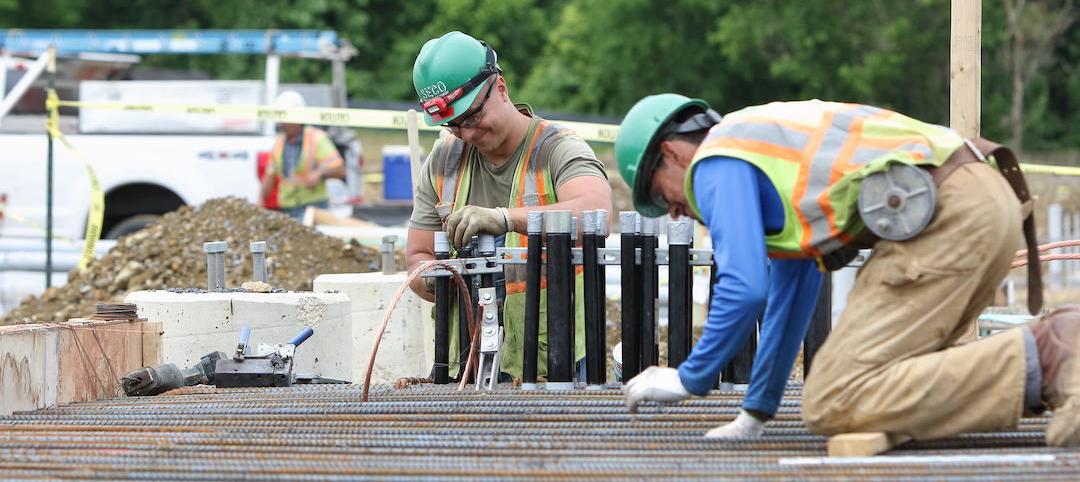The Associated General Contractors of America’s chief executive officer, Stephen E. Sandherr, issued the following statement in reaction to the release of compromise coronavirus relief legislation slated for House and Senate votes as early as today:
“The new coronavirus recovery measure announced today should provide some needed relief for a construction industry that is coping with project cancellations and job losses in most parts of the country. Most notably, the measure includes $10 billion in needed funding to help address the pandemic-induced shortfalls in state transportation revenues. This new funding should keep a number of road projects from getting canceled or delayed over the coming months. The measure also includes new funding for waterways, ports and other maritime facilities.
“Most important, the measure reaffirms the original Congressional intent that employers that used Paycheck Protection Program loans to save jobs will not be forced to pay more taxes next year as a result. Given that demand for many types of commercial construction projects is likely to remain soft in 2021, the administration’s plan to tax firms for their forgiven loan amount would have cost many construction jobs. Instead, the new recovery measure will preserve many of the original benefits of the Paycheck Protection Program, something our association has worked aggressively to ensure.
“We urge members of the House and Senate to approve this measure as quickly as possible and expect the President to rapidly sign it into law. If enacted, the new measure will provide a long-awaited bit of good news for a construction industry, and economy, that has faced far too many challenges this year.”
Related Stories
Reconstruction & Renovation | Mar 28, 2022
Is your firm a reconstruction sector giant?
Is your firm active in the U.S. building reconstruction, renovation, historic preservation, and adaptive reuse markets? We invite you to participate in BD+C's inaugural Reconstruction Market Research Report.
Industry Research | Mar 28, 2022
ABC Construction Backlog Indicator unchanged in February
Associated Builders and Contractors reported today that its Construction Backlog Indicator remained unchanged at 8.0 months in February, according to an ABC member survey conducted Feb. 21 to March 8.
Industry Research | Mar 23, 2022
Architecture Billings Index (ABI) shows the demand for design service continues to grow
Demand for design services in February grew slightly since January, according to a new report today from The American Institute of Architects (AIA).
Codes and Standards | Mar 1, 2022
Engineering Business Sentiment study finds optimism despite growing economic concerns
The ACEC Research Institute found widespread optimism among engineering firm executives in its second quarterly Engineering Business Sentiment study.
Codes and Standards | Feb 24, 2022
Most owners adapting digital workflows on projects
Owners are more deeply engaged with digital workflows than other project team members, according to a new report released by Trimble and Dodge Data & Analytics.
Market Data | Feb 23, 2022
2022 Architecture Billings Index indicates growth
The Architectural Billings Index measures the general sentiment of U.S. architecture firms about the health of the construction market by measuring 1) design billings and 2) design contracts. Any score above 50 means that, among the architecture firms surveyed, more firms than not reported seeing increases in design work vs. the previous month.
Market Data | Feb 15, 2022
Materials prices soar 20% between January 2021 and January 2022
Contractors' bid prices accelerate but continue to lag cost increases.
Market Data | Feb 4, 2022
Construction employment dips in January despite record rise in wages, falling unemployment
The quest for workers intensifies among industries.
Market Data | Feb 2, 2022
Majority of metro areas added construction jobs in 2021
Soaring job openings indicate that labor shortages are only getting worse.
Market Data | Feb 2, 2022
Construction spending increased in December for the month and the year
Nonresidential and public construction lagged residential sector.

















